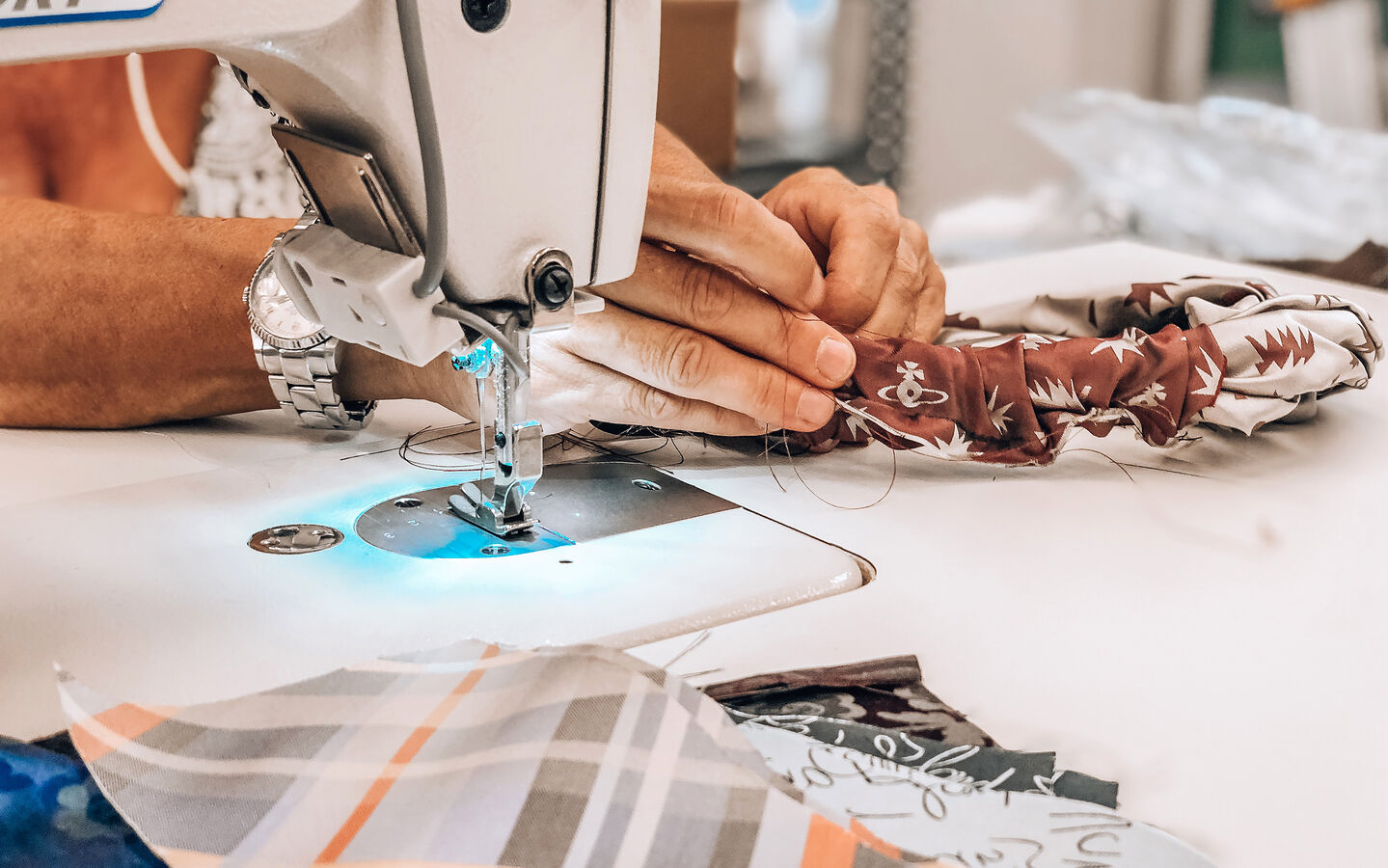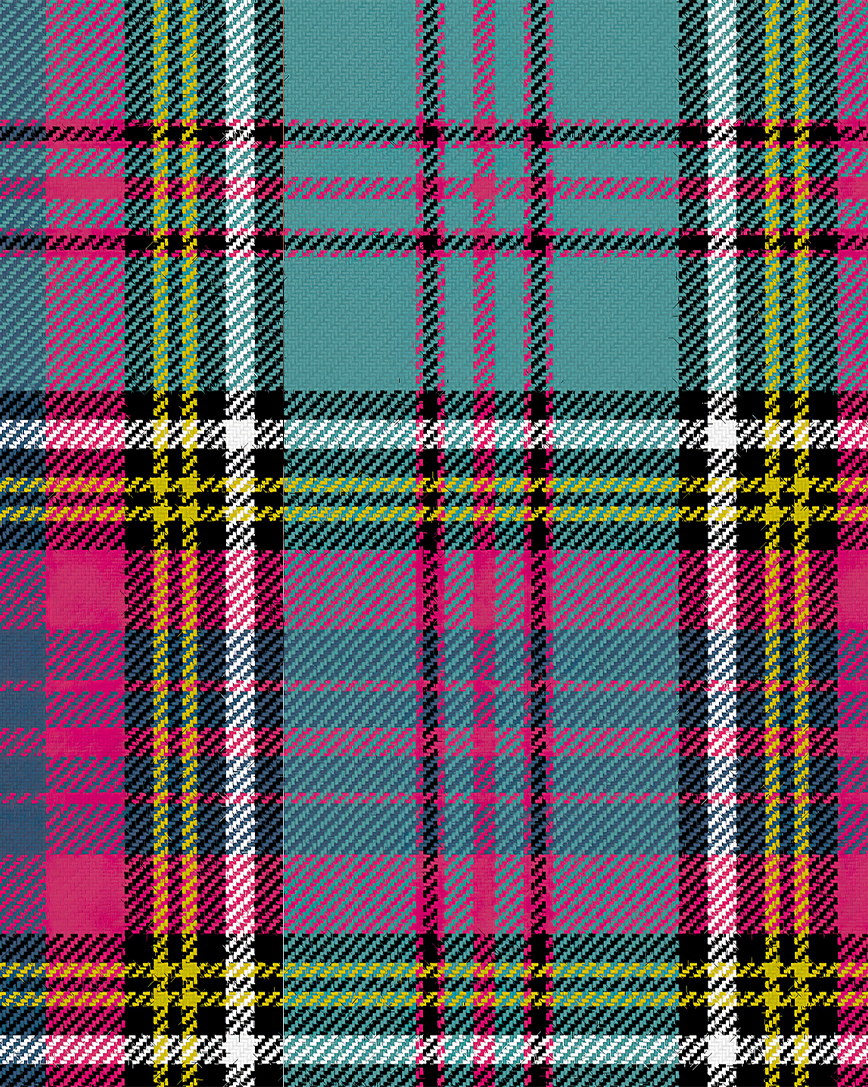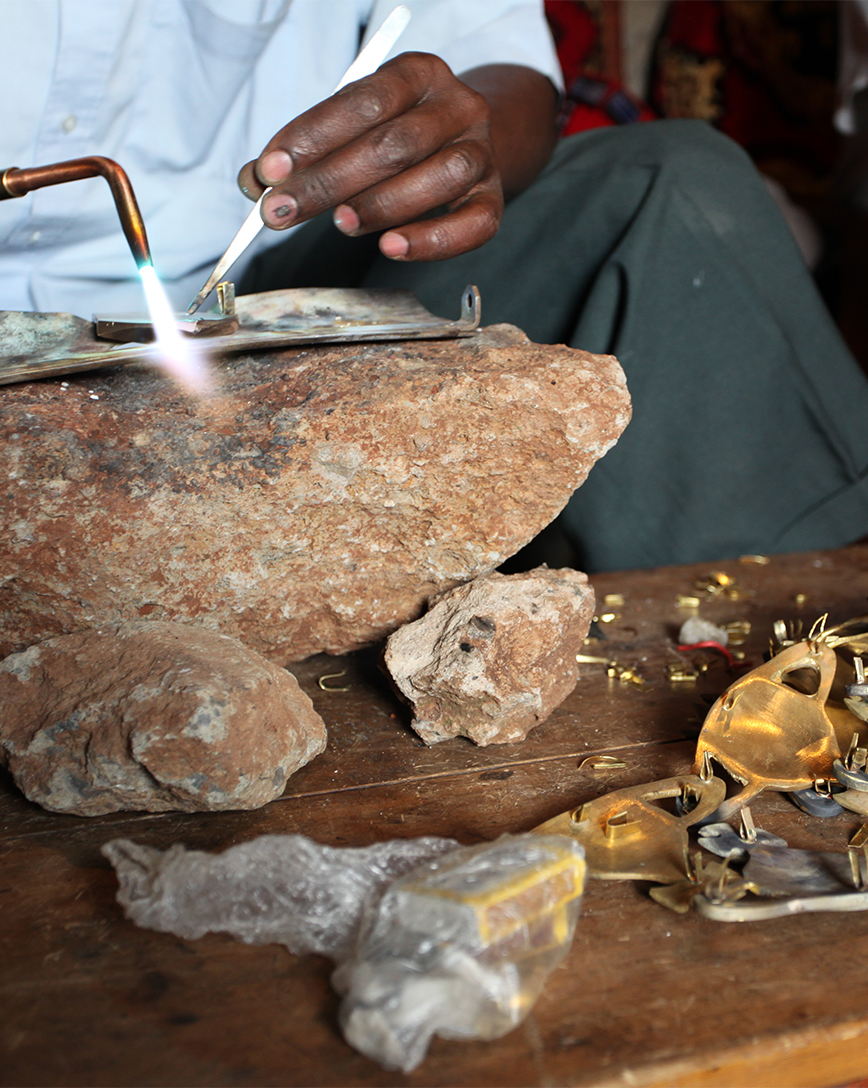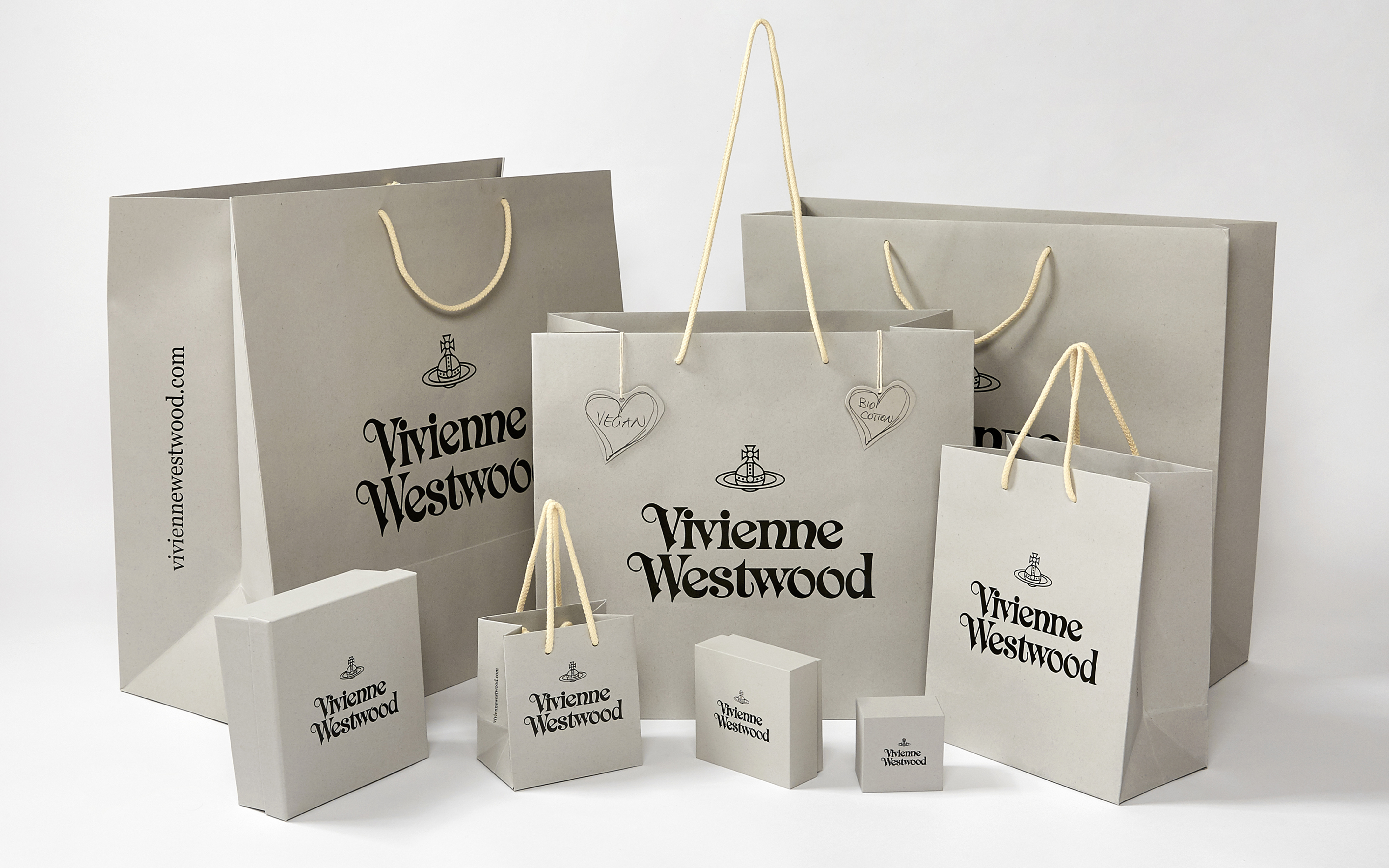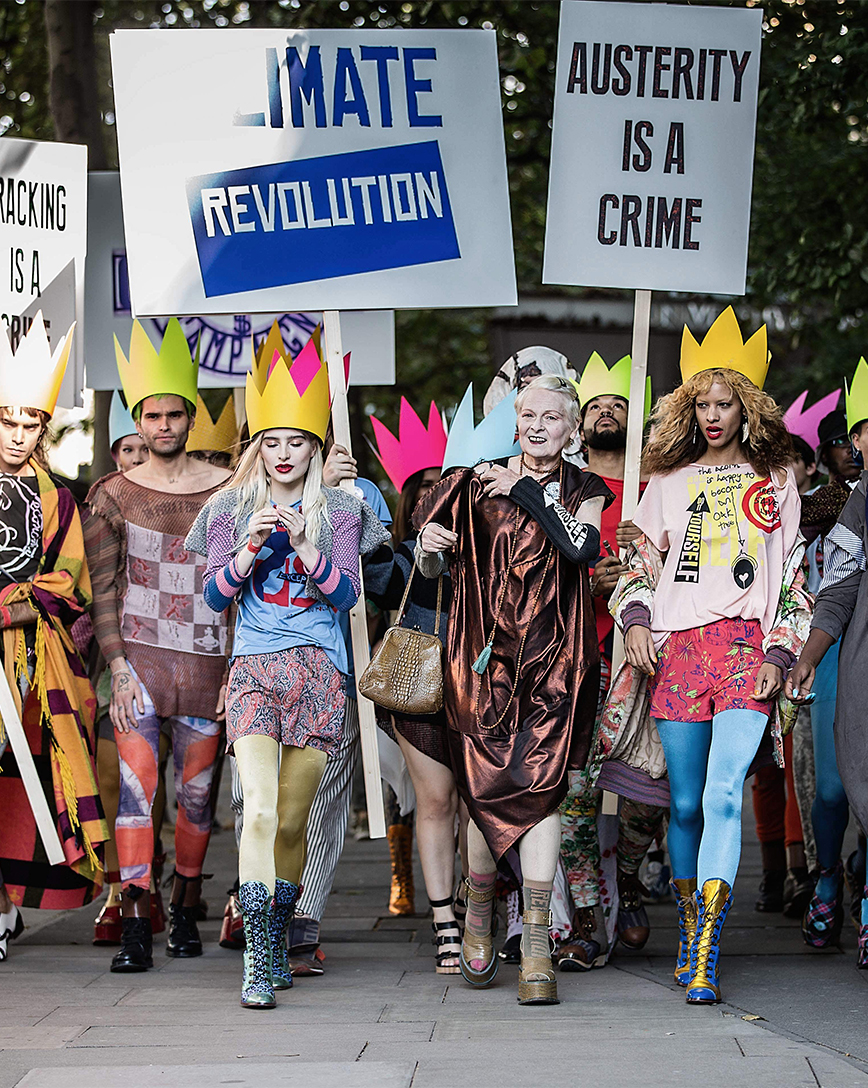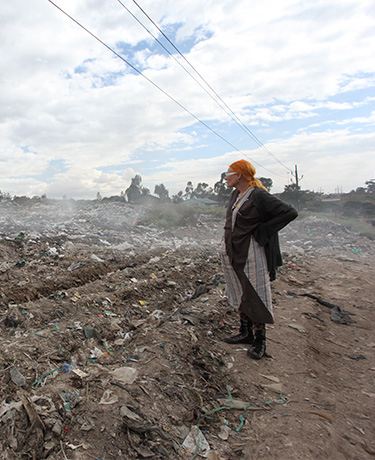At Vivienne Westwood, we know that it is our responsibility to connect with the people who work with our products. We want to build a strong and transparent supply chain, in order to guarantee the safety and well-being of every person who works with us, directly or indirectly.
Since we brought our manufacturing and sourcing back in-house in 2019, we have been strengthening our supply chain monitoring programme every year.
We manage 75% of our manufacturing and sourcing through Vivienne Westwood SRL, our sourcing, production and logistics hub based in Milan. There, we look after the development, manufacturing and distribution of products worldwide as well as the relationships with suppliers.
We have 100% visibility of our direct manufacturing suppliers (Tier 1) of our Italy-managed supply chain.
25% of our supply chain is managed through our London-based headquarters.
We have 100% visibility of direct manufacturing suppliers (Tier 1) of our UK-managed supply chain.
We have a dedicated team both in London, UK and Milan, Italy looking after our supply chains.
AUDITING ACTIVITIES
Our auditing programme, developed by our Milan hub, has been in place since 2019 and aims at measuring and monitoring the risk of modern slavery, employment standards and environmental risks in our value chain.
70% of our direct manufacturing suppliers, those who we have a direct relationship with through our Milan hub, have been audited by a nominated second party. The audits assess workplace conditions of the factories, and they are conducted by our partnering consultants, or provided by the suppliers according to different international standards. These assessments consider labour conditions, wages and hours, health and safety, management systems and environmental standards. The majority of our suppliers managed through our Italian arm are located in Italy, followed by Turkey, Portugal, Tunisia and Kenya.
The majority of UK-managed key suppliers are located in Thailand and the UK, with one manufacturer located in Hong Kong. Our audit programme has been extended to this UK-managed supply chain in 2022 and so far we have audited 80%.
After the Covid-19 pandemic, and the impact of national and international lockdowns, in 2021 we restarted and advanced our audit program that was put on hold in 2020.
Our in-person audit programme has been extended to indirect suppliers, those that our direct suppliers outsource production activities and processes to, so that we can better monitor production-related risks further along our product supply chains. We have a documented procedure to collect information regarding all sub-suppliers involved in the manufacturing of our products. All direct manufacturing suppliers are requested to share the complete list of sub-suppliers they are collaborating with for each season. With every season, our audit program is expanding, to not only increasingly include sub-suppliers, but to also start assessing the fabric and material manufacturing tier of our supply chain. To put this plan in action, In 2022, we started to draft our sub-supplier policy, which has now been implemented starting from 2023. This document will help us make direct manufacturing suppliers that sub-contract any or part of their services more accountable for the production activities they have externalised and to provide improved visibility on sub-suppliers within our supply chain.
MODERN SLAVERY
In 2019, we launched our Modern Slavery suite of documents, which includes our Modern Slavery Policy, our Code of Labour Practice and Business Conduct, Whistleblowing Policy and Tool, and a Due Diligence Questionnaire.
All direct suppliers are required to formally comply with our above mentioned standards. We will start extending these policies to our service providers from 2023 onwards.
